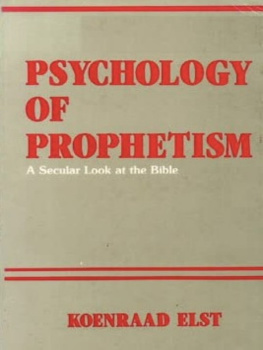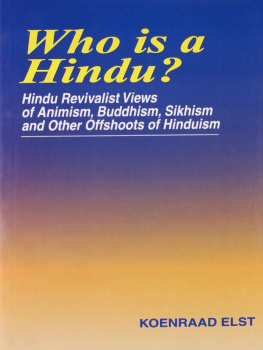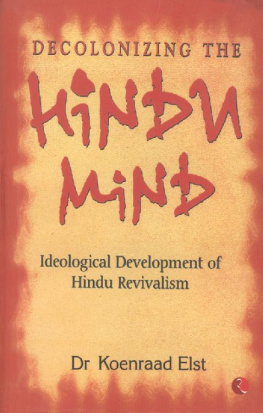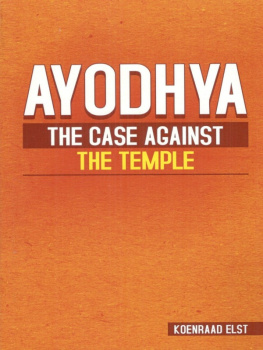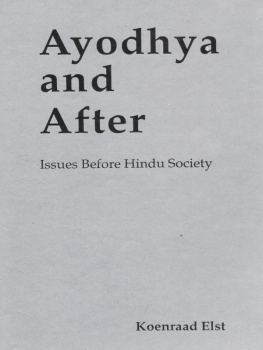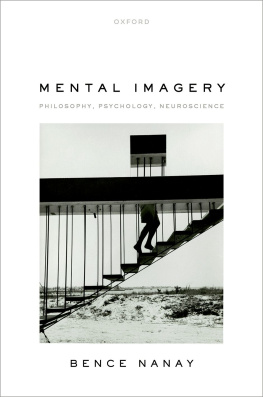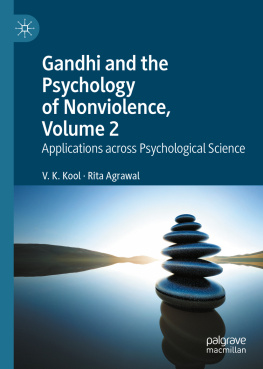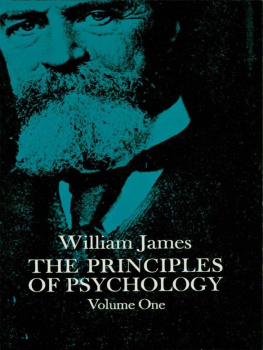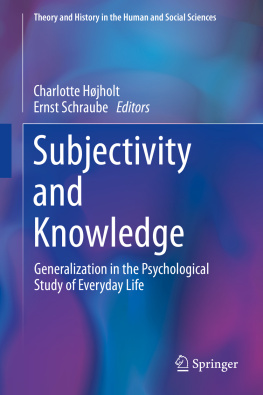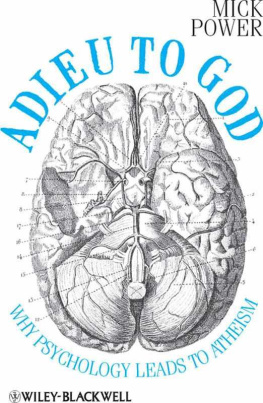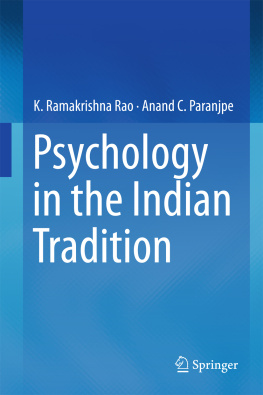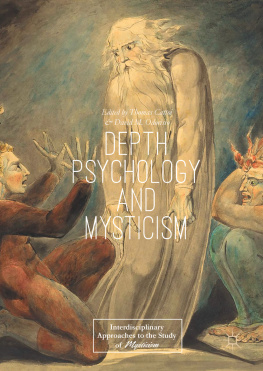CHAPTER ONEBRINGING SCRIPTURE DOWN TO EARTH
1.1. Vanishing of the supernatural
Anyone who cares to look, can see that Christianity is in steep decline. This is especially the case in Europe, where church attendance levels in many countries have fallen below 10% or even below 5%. In most Christian countries (i.e. with the exception of some frontier areas of the missions), the trend is the same, even if less dramatic.
Even more ominous for the survival of Christianity is the decline in priestly vocations. Many parishes that used to have two or three parish priests now have none, so that the Sunday Service has to be conducted by a visiting priest, who has an ever fuller agenda as his colleagues keep on dying, retiring or abandoning priesthood without being replaced. The average age of Catholic priests in the world is now 55. In the Netherlands it is even 62, and increasing. This is only partly due to the strenuous obligation of celibacy, for in Protestant Churches, where priests do get married, and in those countries where Catholic priests ignore the celibacy rules, the decline in priestly vocations is also in evidence. The fact is that modern people just arent very interested anymore in practising Christianity.
Outside observers may join the Church leadership in asking why this decline is taking place. As a participant observer of the emptying of the churches in Europe, I will argue that certain circumstances and tactical mistakes may have accelerated the process, but that the fundamental reason for the decline is intrinsic to the nature of the Christian faith. Modem consumerism is one factor - but to an extent also a consequence - of the decline of the faith. The Aggiornamento (adaptation to the new times) policy of the Catholic Church since the Second Vatican Council (1962-65) and similar developments in the mainstream Protestant Churches have been a clumsy and unconvincing way of proving that Christianity could keep pace with modem times. Any attempt to bridge the gap between modernity and the Christian faith has only underlined their incompatibility.
Nothing can be done about it, except transforming Christianity till it is no longer Christianity. The central, defining element in Christianity that cannot possibly be saved, is the composite doctrine of prophetic monotheism. The notion that there is a single God, Creator of the universe, who is interfering with His Creation by sending messages to privileged spokespersons called prophets, flies in the face of rationality. People will accept that reason isnt everything, but not that your central belief system is so militantly opposed to reason. When they also look at the actual contents of the utterances of the Biblical prophets and of Jesus, they find much of it incomprehensible, or undesirable, or irrelevant to our times, or at best good but not requiring divine intervention.
The decline of Christianity started when Christian intellectuals committed to religion tried to conceive religion in a rational way. Some of the founders of modern science, including Galileo Galilei, Isaac Newton, Johann Kepler and Ren Descartes, explored nature in order to discover therein the greatness and glory of God. It is often said that science has destroyed religiosity and nurtured atheism, but fact is that the founders of science were passionately religious people. However, their conception of religiosity was radically different from the teachings of the Church.
These founding fathers of modern science did not immediately discard the Church teaching that God had revealed Himself through Scripture and through His Only-begotten Son, but they juxtaposed this traditional revelation with a second God-revealing scripture: nature. This was known as the Liber Mundi, the Book of the World, the laws of nature conceived as Gods own handwriting on the paper of matter. Galilei said that this Liber Mundi was more reliable than revealed Scripture: it could not be tampered with, and it was always available right here for everyone to investigate.

